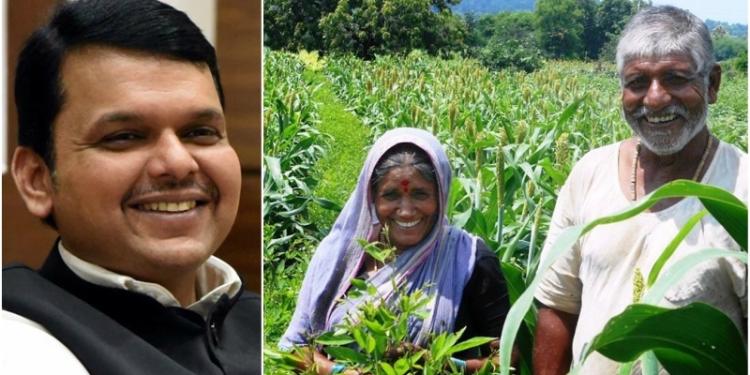For a very long time the farmers had to face various problems in the state of Maharashtra. The previous government could not solve these issues despite their pro-farmer stance. Agriculture in the country has suffered primarily due to lack of reforms on the output front. The socialist policies of pre-liberalization era still dominate the agrarian and therefore the middleman enjoys significant leverage in marketing agricultural produces. These middlemen who sit in agricultural mandis charge heavy fee to the farmers ranging up to 10 percent and earn hefty profits without doing anything. Policymakers in the country were long arguing to deregulate the agricultural produce so that the farmers could get better prices for their produce.
Most of the states and union territories adopted Agriculture Produce Marketing (Regulation) Act, in 1960s and 1970s to end village trader-dominated exploitative system. This improved the situation for farmers to a great extent but over the decades the middlemen in the mandi became new exploiters of the farmers. Therefore to free the farmers from the clutches of the government, the central government brought Model Agricultural Produce and Livestock Market Act 2017. Some states such as Maharashtra have taken the initiative to implement reforms of the model act. Maharashtra government has taken the ordinance route to deregulate all agricultural produces from APMC act. The state government has already deregulated vegetables and fruits in July 2016, now with this ordinance which will come in immediate effect. Flowers, food grains and oilseeds will also be deregulated.
“Market Committees will continue to function as before. Even today several farmers sell their produce outside market committees. Market committee charge a cess of some 6% when these committees do not provide any services or facilities to farmers,” said Sadabhau Khot, minister of State for Agriculture & Marketing Reforms who is at the forefront of implementing these reforms. The lobbyist of agriculture market committees argued that deregulation will dampen the revenue of committees. But the fact is that they will have to compete in the open market instead of profiting from virtual monopoly through protection from the state.
Maharashtra government also plans to designate big mandis Markets of National Importance (MNI), these committees will be run by professionals instead of local leaders. Maharashtra has 306 APMCs, if some of these mandis get designated as MNI, they could sell agricultural produces outside the boundary of states and even outside country. As of now, Azadpur Mandi in Delhi, the largest agricultural market in Asia has the tag of MNI. The criteria for MNI is that the mandi should receive more than 30 percent of total arrivals from two other states and going by this Mumbai, Pune, Nashik and Nagpur APMCs may qualify for MNI.
The farmers in Maharashtra and other states of India have suffered various types of government control on agriculture. Every political regime in the country delivered doles to the farmers of the country to get votes and never handed over agriculture to markets. Now as the Maharashtra government has taken the lead, other states may follow its footsteps. Fadnavis government is genuinely trying to solve the woe of farmers in Maharashtra. It has invested heavily in irrigation facilities to end the reliance of farmers on rainwater. Similarly it is undertaking reforms suggested by policymakers to overhaul the agriculture without caring for short-term political gains. In recent years, the young CM of Maharashtra has emerged as the face of new economics in India.

























